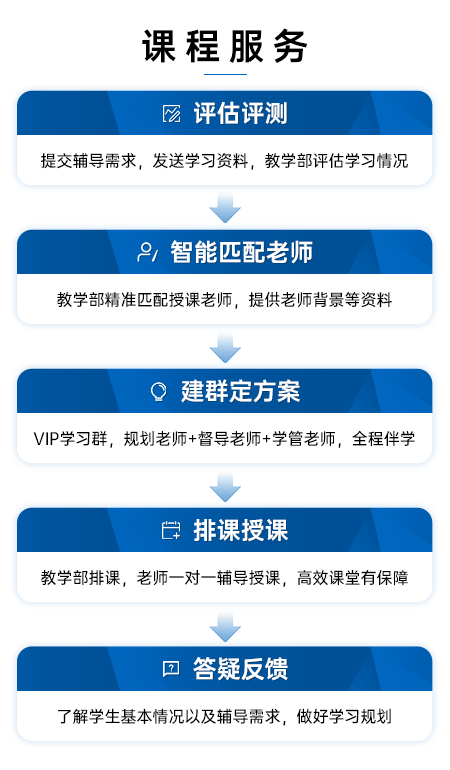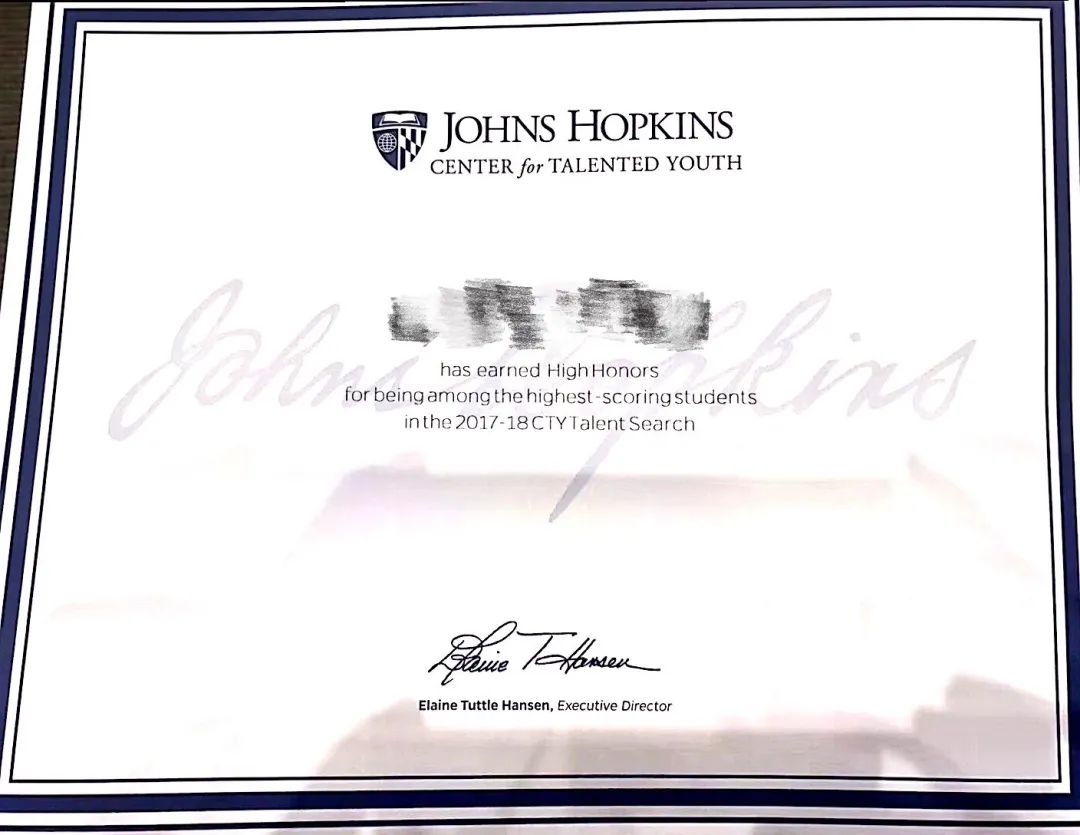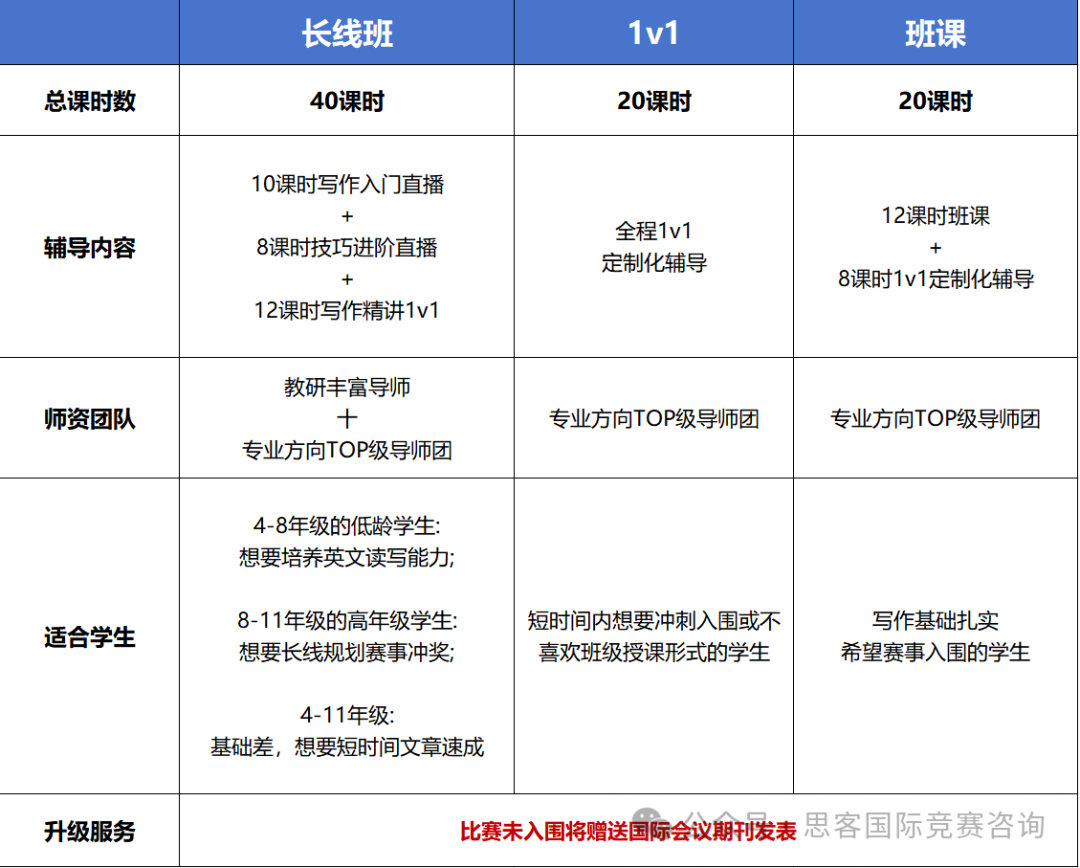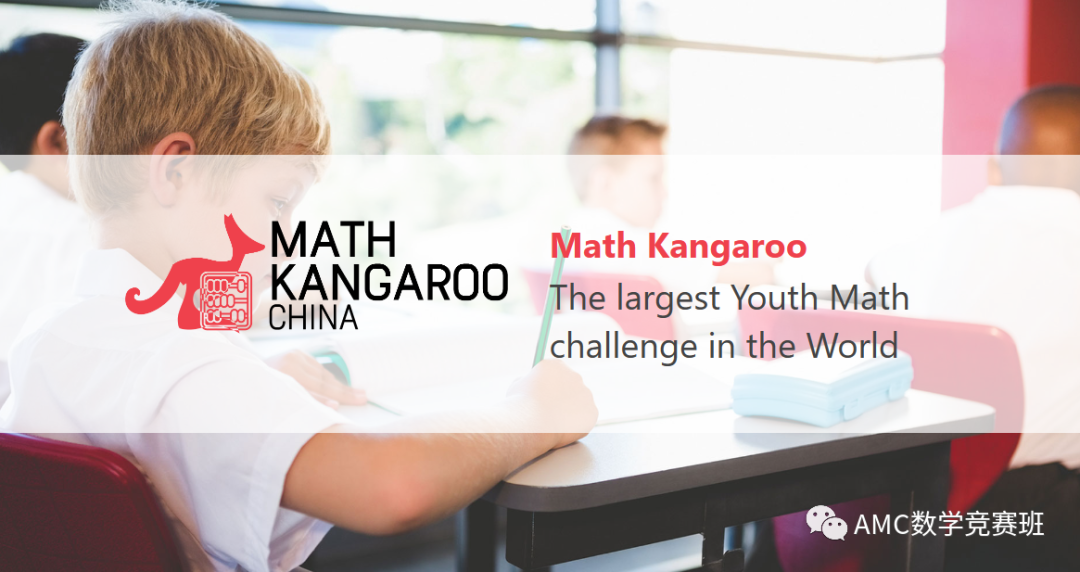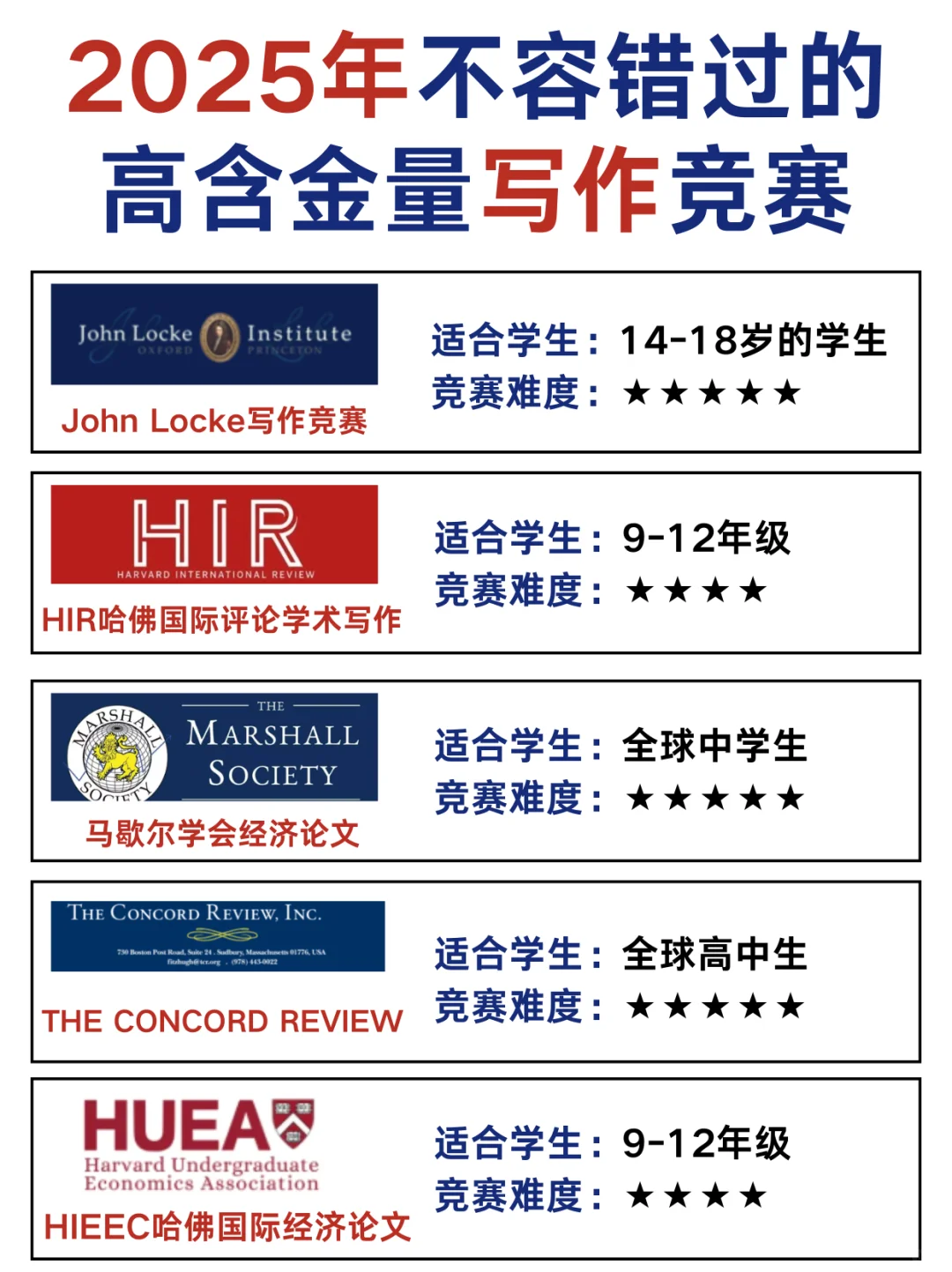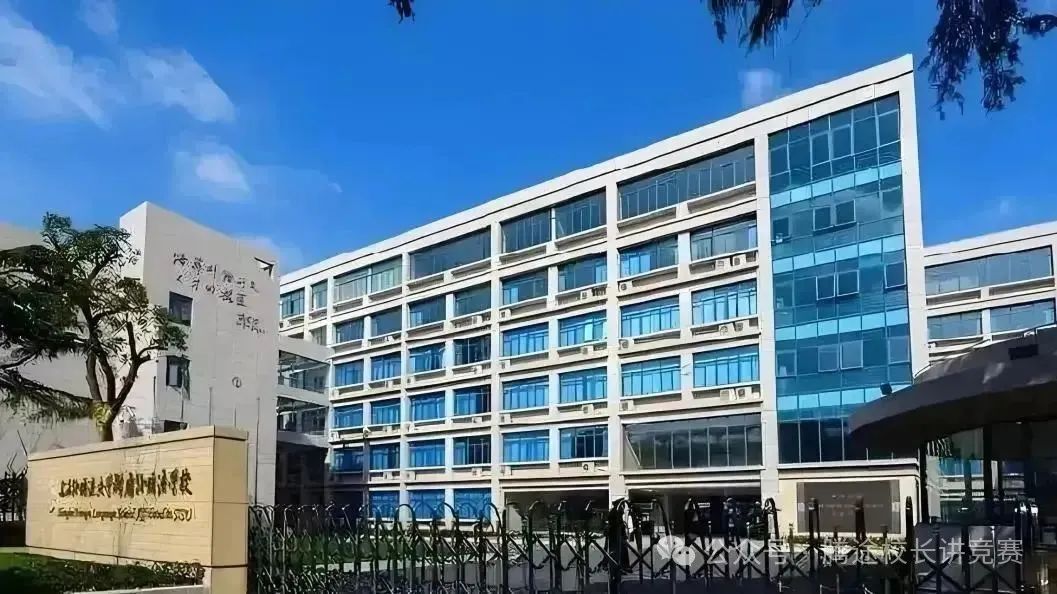牛津更新了面试时间表,有不少同学私信我们,XX专业面试官试都会问些什么?怎么只有生物专业的面试案例?其他的呢?“我”该如何回答?面试官问这个问题真正考察的是什么?
今天,老师就先来梳理一下当下最受中国学生欢迎的专业之一——工程专业的面试案例及思路吧,希望对大家的申请有所帮助。
牛津大学-工程专业面试时间安排
多数面试:12.12日-12.14日
少数面试:12.15日
海外申请者预计会在12.5日开始的一周内完成面试
牛津大学工程专业面试案例
01、Interviewer: Steve Collins, University College
采访者:Steve Collins,大学学院
Place a 30cm ruler on top of one finger from each hand so that you have one finger at each end of the ruler, and the ruler is resting on your fingertips. What happens when you bring your fingers together?
翻译:将 30 厘米长的尺子放在每只手的一根手指上,使尺子两端各有一根手指,尺子放在指尖上。当你把手指放在一起时会发生什么?
This would never be the opening question in an interview - we usually start with a first question that gives the candidate an opportunity to get comfortable by discussing something familiar. We then ask more technical questions based on material in theGCSEand A-level syllabi. This question would come later in the interview, when we present candidates with an unfamiliar scenario and ask them to use what they know about familiar concepts (such as friction) to explain something.
翻译:这绝不会是面试中的开场问题——我们通常从第一个问题开始,让候选人有机会通过讨论熟悉的事情来获得舒适感。
然后,我们会根据 GCSE 和 A-level 教学大纲中的材料提出更多技术问题。这个问题会在面试的后期出现,当我们向候选人展示一个不熟悉的场景并要求他们使用他们对熟悉概念(如摩擦)的了解来解释某些事情时。
Almost everyone in this example will expect the ruler to topple off the side where the finger is closest to the centre to the ruler because they expect this finger to reach the centre of the ruler first. They then complete the 'experiment' and find both fingers reach the centre of the ruler at the same time and the ruler remains balanced on two fingers. We like to see how candidates react to what is usually an unexpected result, and then encourage them to repeat the experiment slowly. This helps them observe that the ruler slides over each finger in turn, starting with the finger that is furthest from the centre. With prompting to consider moments and friction, the candidate will come to the conclusion that moments mean that there is a larger force on the finger that is closest to the centre of the ruler. This means that there is more friction between the ruler and this finger and therefore the rule slides over the finger furthest from the centre first. This argument will apply until the fingers are the same distance from the centre. The candidate should then be able to explain why both fingers reach the centre of the rule at the same time as observed. In some cases, particularly if we have not done a quantitative question already, we might then proceed with a quantitative analysis of forces and moments. We might even discuss the fact that the coefficient of static friction is higher than the coefficient of dynamic friction and therefore the 'moving' finger gets closer to the centre than the static finger before the finger starts to move over the other finger.
翻译:在这个例子中,几乎每个人都会期望尺子从手指最靠近尺子中心的一侧倾倒,因为他们希望这个手指首先到达尺子的中心。然后他们完成了“实验”,发现两个手指同时到达尺子的中心,并且尺子在两个手指上保持平衡。
我们喜欢看看候选人对通常出乎意料的结果的反应,然后鼓励他们慢慢地重复实验。
这有助于他们观察标尺从离中心最远的手指开始依次滑过每个手指。在提示考虑力矩和摩擦力的情况下,考生会得出结论,力矩意味着最接近尺子中心的手指上有较大的力。
这意味着尺子和这个手指之间的摩擦力更大,因此尺子首先滑过离中心最远的手指。这个论点将一直适用,直到手指与中心的距离相同。
然后考生应该能够解释为什么两个手指在观察到的同时到达规则的中心。
在某些情况下,特别是如果我们尚未完成定量问题,我们可能会继续对力和力矩进行定量分析。我们甚至可以讨论静摩擦系数高于动摩擦系数的事实,因此在手指开始移动到另一个手指上之前,“移动”手指比静止手指更靠近中心。
提醒
面试官主要通过该问题考察面试者如何运用所熟知的概念(如摩擦等)来解释不熟悉的情况或现象,以及观察面试者对意料之外的结果有何反应,并鼓励他们慢慢地重复该"实验"。
02、Interviewer: Byron Byrne, Department of Engineering Science
采访者:Byron Byrne,工程科学系
How would you design a gravity dam for holding back water?
翻译:你会如何设计一个阻止水的重力坝?
This is a great question because the candidate first has to determine the forces acting on the dam before considering the stability of the wall under the action of those forces. Candidates will probably recognise that the water could push the dam over. The candidate would then be expected to construct simple mathematical expressions that predict when this would occur. Some may also discuss failure by sliding, issues of structural design, the effects of water seeping under the dam, and so on. The candidate will not have covered all the material at school so guidance is provided to assess how quickly new ideas are absorbed. The question also probes the candidate's ability to apply physics and maths to new situations and can test interest in and enthusiasm for the engineered world.
翻译:这是一个很好的问题,因为候选人首先必须确定作用在大坝上的力,然后再考虑在这些力的作用下墙的稳定性。
候选人可能会认识到水可能会将大坝推倒。然后,候选人将被期望构建简单的数学表达式来预测何时会发生这种情况。
有些人可能还会讨论滑动破坏、结构设计问题、大坝下渗水的影响等。
候选人不会在学校涵盖所有材料,因此会提供指导以评估吸收新想法的速度。该问题还探讨了候选人将物理和数学应用于新情况的能力,并可以测试对工程世界的兴趣和热情。
提醒
面试官可能与申请者讨论关于结构设计、大坝渗漏、坝基抗滑稳定性等相关问题。考虑到申请者可能在学校并没有学过这些知识,面试官会提供相应的指导或提示,并以此评估申请者学习新知识、接受新思路的能力。从这个问题中,面试官不仅看出申请者将物理、数学等知识应用于陌生环境中的能力,还能测试申请者对工程学科的学术热情与兴趣。
面试官辟谣
要知道,面试具有及时性和随机性,在考验学生临场反应能力的同时,也能反映出一个人的水平和潜力。可千万别觉得牛剑面试千奇百怪,其实,面试官觉得这是在考验你的思维能力和专业热情程度!
牛剑的面试形式因申请专业而异
面试一般持续十分钟到一个小时左右,通常(但不总是)由一名面试官进行1V1面试。
英国大学面试形式会因申请者所申请的专业而有所变化,例如,英语学生可能需要与面试官讨论一首诗,而数学专业面试者可能需要在面试时解决一个方程式。
牛津大学本科招生主任:“人们认为我们会问很多奇怪的问题,这其实是谣传。我们提出的问题会挑战候选人,要求他们思考(而不是重复预先准备好的答案)并利用他们的主题知识和理解给出适当的答案。”
面试官关注申请者这些品质
关键展示主题:面试者对所申请专业真正充满热情!
面试官可能会要求扩展你在个人陈述中提出的任何能表明你对该专业特别感兴趣的主张。所以大家一定要确保自己的个人陈述经得起审查(经得起反复提问)。
牛津大学:“面试官会寻找证据,证明你在独立思考,你愿意接受超出学校或大学教学大纲范围的新想法,并且致力于学习所申请的专业学科。”






